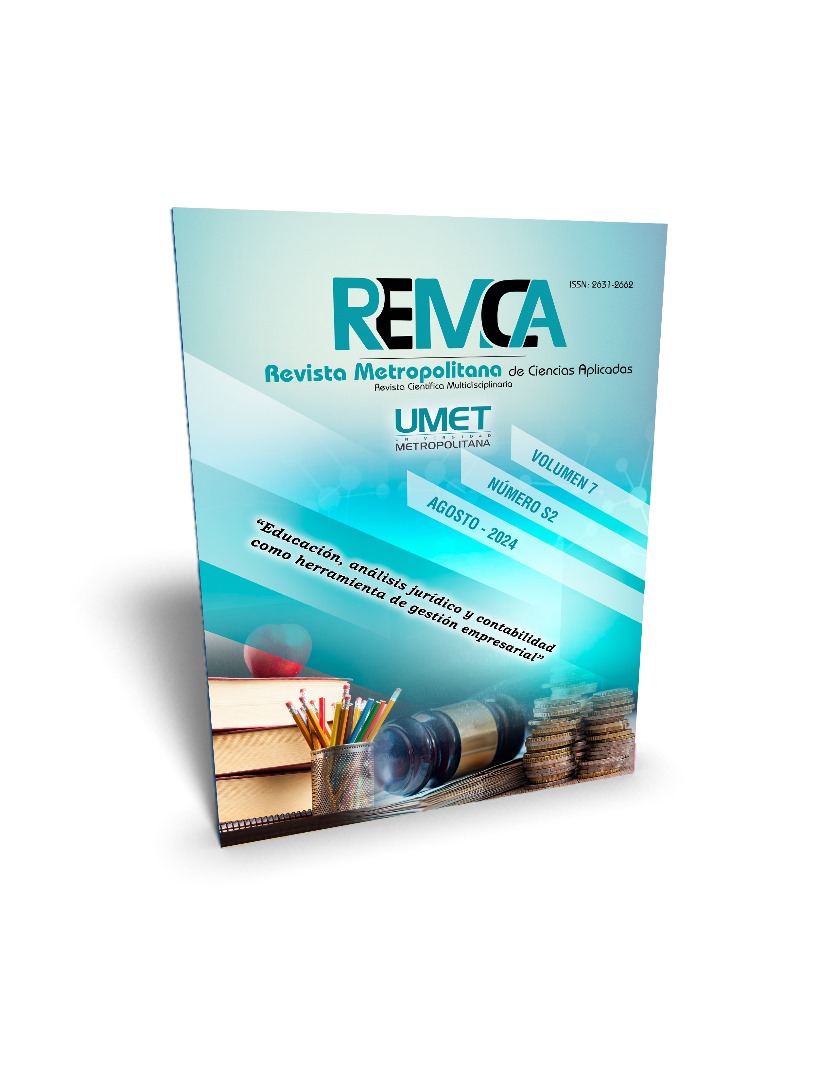The modus vivendi versus global constitutionalism
DOI:
https://doi.org/10.62452/hgtkkr28Keywords:
Modus Vivendi, global power, global constitutionalism, human rights, Holy SeeAbstract
Socially organized human beings give up freedom to a small group of people in exchange for security and well-being. The power that this elite exercises often transcends the geographical limits of the habitat of its community, an expansionism that has been motivated not only by the struggle for survival, but also by excessive ambition. Throughout the world, history has recorded the expansionism of the power of the dominant elites, which has constituted empires that often covered vast geographical territories and dominion over millions of people. Serving for this purpose, murderous weapons, and religion itself. The study analyzes generically in this legal research, from a legal axiological way, the historical weight of the international treaties signed by the Vatican (Holy See), in Latin America, and specifically, with the Republic of Ecuador, to which light of the 2008 Constitution, in the construction and establishment of global power, and how Global Constitutionalism can be its counterweight. The research method is legal axiological and legal historical. The approach is mixed, contextualizing the dynamism of the global, legal-political power that the “Holy See” has exercised; and from a legal sociological analysis, I investigate the necessary counterweight to the global power that religion exercises, proposing Global Constitutionalism.
Downloads
Downloads
Published
Issue
Section
License
Copyright (c) 2024 Edison Raul Narvaez-Guerra, Adrián Fernando Veintimilla-Padilla, Samuel Morales-Castro (Autor/a)

This work is licensed under a Creative Commons Attribution-NonCommercial-ShareAlike 4.0 International License.
Authors who publish in Revista Metropolitana de Ciencias Aplicadas (REMCA), agree to the following terms:
1. Copyright
Authors retain unrestricted copyright to their work. Authors grant the journal the right of first publication. To this end, they assign the journal non-exclusive exploitation rights (reproduction, distribution, public communication, and transformation). Authors may enter into additional agreements for the non-exclusive distribution of the version of the work published in the journal, provided that acknowledgment of its initial publication in this journal is given.
© The authors.
2. License
The articles are published in the journal under the Creative Commons Attribution-NonCommercial-ShareAlike 4.0 International License (CC BY-NC-SA 4.0). The terms can be found at: https://creativecommons.org/licenses/by-nc-sa/4.0/deed.en
This license allows:
- Sharing: Copying and redistributing the material in any medium or format.
- Adapting: Remixing, transforming, and building upon the material.
Under the following terms:
- Attribution: You must give appropriate credit, provide a link to the license, and indicate if any changes were made. You may do this in any reasonable manner, but not in any way that suggests the licensor endorses or sponsors your use.
- NonCommercial: You may not use the material for commercial purposes.
- ShareAlike: If you remix, transform, or build upon the material, you must distribute your creation under the same license as the original work.
There are no additional restrictions. You may not apply legal terms or technological measures that legally restrict others from doing anything the license permits.




